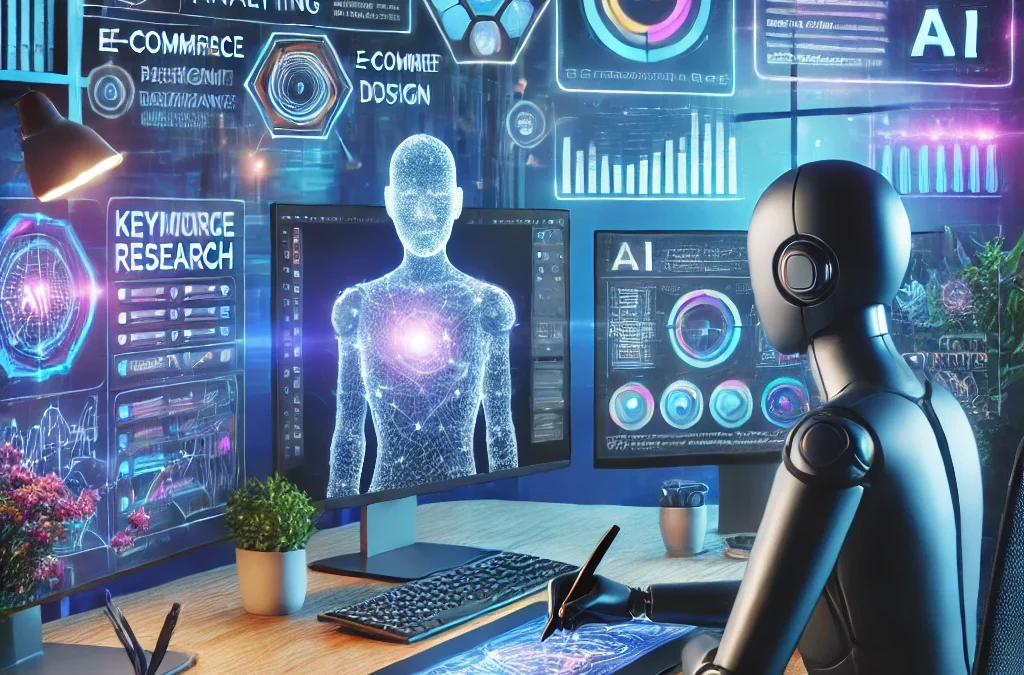Artificial Intelligence (AI) is evolving rapidly, transforming industries, businesses, and daily life. By 2025, AI will redefine human interaction with technology, offering groundbreaking innovations and solutions across various sectors. These advancements, from AI technology to ethical considerations and workforce shifts, are set to shape the AI landscape in a way that promises a brighter future.
Advancements in AI Technology
The field of Artificial Intelligence is poised for remarkable breakthroughs in 2025. Machine learning algorithms are becoming more sophisticated, enabling AI to process vast amounts of data more efficiently. Deep learning models will enhance natural language processing, making virtual assistants and chatbots more intuitive and responsive. AI hardware is also advancing, with next-generation processors accelerating computations for real-time applications. These technological strides will power self-driving cars, medical diagnostics, and automation across industries, making AI an essential tool for innovation.
AI in Everyday Life
By 2025, Artificial Intelligence will seamlessly integrate into daily life, offering unprecedented levels of convenience and efficiency. Smart assistants like Alexa, Google Assistant, and Siri will become more intuitive, providing personalized experiences based on real-time data analysis. AI-driven recommendation systems will enhance entertainment, shopping, and social media interactions by predicting user preferences more accurately. Healthcare will also benefit as AI-powered applications monitor health conditions, suggest treatment plans, and assist in medical decision-making. The increasing adoption of AI in homes, workplaces, and cities will redefine modern living, making it more exciting and full of possibilities.
Ethical and Regulatory Challenges
With AI’s growing influence, ethical and regulatory challenges are inevitable. Concerns over privacy, bias, and data security will prompt governments to enforce stricter AI regulations. Algorithmic bias remains a major issue, as AI systems may unintentionally reinforce prejudices in training data. Ensuring transparency and fairness in AI decision-making will be crucial to prevent discrimination and misinformation. Governments and tech companies must work together to establish ethical AI guidelines, balancing innovation with responsibility. As AI regulations evolve, businesses must adapt their AI-driven solutions to comply with legal and ethical standards.
AI in the Workforce
Artificial Intelligence is reshaping the workforce, introducing both challenges and opportunities. Job automation will continue replacing repetitive tasks in manufacturing, customer service, and logistics industries. However, AI will also create new career opportunities in AI development, data analysis, and AI ethics consulting. For instance, AI developers, data scientists, and AI ethics consultants will be in high demand. Companies will prioritize AI training programs, equipping employees with the necessary skills to work alongside intelligent systems. As AI-driven industries expand, workforce transformation will be a key focus, ensuring that AI enhances human potential rather than replacing it.
The Future of AGI (Artificial General Intelligence)
Artificial General Intelligence (AGI), capable of human-like reasoning, is still in its early stages, but 2025 may bring significant progress. Researchers are exploring neural networks, cognitive computing, and reinforcement learning to develop AGI systems that can perform complex tasks autonomously. The implications of AGI are vast, potentially revolutionizing science, medicine, and problem-solving. For instance, AGI could assist in complex medical diagnoses or scientific research, potentially leading to significant breakthroughs. However, AGI also raises concerns about control, ethics, and safety. As experts work toward achieving AGI, discussions on responsible AI development and global cooperation will be crucial to harness its potential for the greater good.
Conclusion
Artificial Intelligence in 2025 will bring transformative changes across industries and society. Technological advancements will enhance AI’s capabilities, while ethical considerations and regulations will shape its responsible use. The workforce will experience both challenges and new opportunities as AI-driven industries expand. Meanwhile, AGI research will push the boundaries of AI’s potential. As AI continues to evolve, the emphasis on responsible AI development will provide reassurance and a sense of security, ensuring that we are prepared to embrace the future of intelligent technology.
